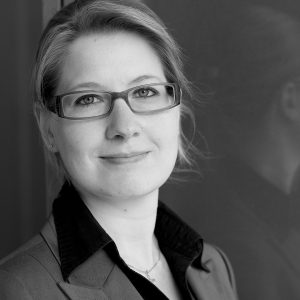With the planned law on transparency and targeting of political advertising (PWG), the German Federal Network Agency (BNetzA) – as the coordinating body for digital services (Digital Services Coordinator/DSC) – will also be responsible for implementing the EU regulation on political advertising in the future. eco – Association of the Internet Industry welcomes the fact that existing structures will be used for this purpose and no further public authorities will be created. At the same time, however, the association urgently warns against massive understaffing of the responsible body.
“From our point of view, the Digital Services Coordinator is currently significantly understaffed. The Digital Services Act itself assumes that over 91 permanent positions are needed for the DSC – yet the 2025 draft budget provides for only 47.8 positions, of which only about 37 are currently filled. This means that not even half of the originally calculated staffing requirements have been met. It is obvious that these resources are not sufficient to effectively fulfil the tasks of the DSC in the sense of the Digital Services Act (DSA),” says Alexandra Koch-Skiba, Head of the eco Complaints Office.
With the PWG, the coordinating body for digital services is also to be given responsibility for implementation and supervision within the framework of the EU Regulation on political advertising. From the end of 2025, the DSC will therefore have additional tasks to perform. According to the explanatory memorandum of the law, an additional 17.57 positions are to be created for this purpose.
“We consider a significant increase in the current staffing level at the DSC to be urgently necessary in order to be able to effectively carry out all upcoming tasks. Better staffing is not only important for the original task fulfilment of the DSC, but also to provide companies in Germany with reliable guidance and practical assistance in implementing the DSA and, in the future, the PWG,” Koch-Skiba continues.
eco emphasises that the new requirements for companies in connection with online political advertising are set at the EU level. The corresponding EU regulation will apply directly from October 2025. Adjustments to the EU regulation itself are not up for debate with the PWG. For companies, the EU requirements represent considerable challenges. Initial reactions from the business community already show that providers are restricting or completely discontinuing their political advertising offerings. Against this backdrop, a functional, guidance-providing and adequately equipped supervisory authority in Germany is crucial.




